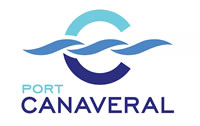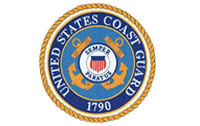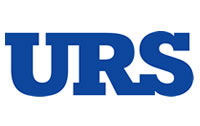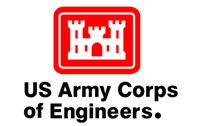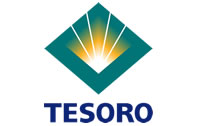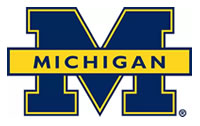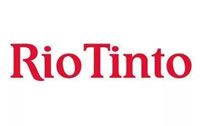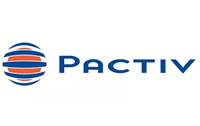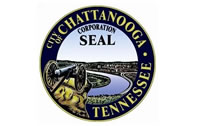Leadership articles Published in Plant Services Magazine (www.plantservices.com)
Are you identifying the people who’d be right for – and who want – supervisory roles?
Time spent in the organization has value – promoting an internal candidate to fill a position means less ramp-up time and administrative burden than selecting a candidate from outside the organization would. But longevity does not mean the candidate has the skills and attributes to be a good supervisor. Supervisors need different skills than craftsmen or technicians do.
A candidate’s strong performance as a craftsman or technician also does not ensure that he or she will be a successful supervisor. Leaders need to be proficient at time management, communication, and building teamwork. They accomplish those things by being consistent, attentive and assertive while increasing motivation and developing good relationships.
It’s not unusual for strong supervisor candidates to refuse promotion. Many tradespersons and technicians prefer to do the types of work they are currently doing. They have tremendous pride in doing hands-on work. Craftsmen and technicians see current supervisors who are ineligible for overtime pay but who are putting in many more than 40 hours per week. They are turned off by the administrative work that goes along with a supervisory role. Being “the boss” also holds the prospect of altering their relationship with their current peers, and it’s tough to lose fishing buddies. Candidates don’t see enough upside to accepting a supervisory role.
Some tradespersons, on the other hand, accomplish all they feel that they can in their craft and begin looking for other challenges – perhaps becoming a supervisor or manager. So you need a plan that can help you identify prospective leaders who are interested in more responsibility, and you need to have a good process for developing the supervisor pipeline.
The supervisor pipeline should identify candidates and encourage these candidates to develop the skills and attributes needed for leadership positions. Development opportunities can come from delegated responsibilities, such as maintaining a training schedule or leading project teams. For those who enthusiastically accept new challenges, start the discussion about their interest in future promotion opportunities.
For the prospective leaders who express an interest in being promoted – give them opportunities and get them leadership training. Put them in position to be fill-in supervisors when a supervisor is on vacation, away at training, etc. (assuming that human resources and collective bargaining agreements allow that). Provide promotion candidates with leadership training before or just after they are selected. One study showed that the average age of people attending leadership training was 42, while the average age of new supervisors is 30 – 12 years in leadership positions without leadership training!
Senior and midlevel leaders have a critical role in establishing policies for developing a supervisor pipeline. They are also the people who select candidates to fill open positions. Current supervisors have a critical role in carrying out the policy by delegating, coaching, and keeping managers abreast of strong managerial candidates.
A policy that focuses on developing prospective leaders has a second benefit. When supervisors delegate a portion of their responsibilities, they free up time for getting ahead of their workload, coaching, and making other improvements. When supervisors are able to have a normal workday, the concept of being a supervisor becomes more attractive to a wider group of prospective leaders. This can positively influence current and future supervisor pipeline.
Look for opportunities to challenge all of your team members with new experiences and responsibilities appropriate to the team member’s willingness and ability. The reason you do this is to observe how the candidate performs and to provide coaching and training to shape his or her capabilities. In collective bargaining agreement (CBA) environments, the leader would of course need to be aware of and follow all the requirements relative to the CBA.
I believe that internal promotions make the most sense. A smart manager will use the time that the candidate is in his or her current position as an opportunity to develop and test them on readiness for promotion. The organization’s challenge is to identify those who are interested in higher responsibilities, provide them opportunities to show what they can do, and select the best candidates to fill supervisor vacancies.

